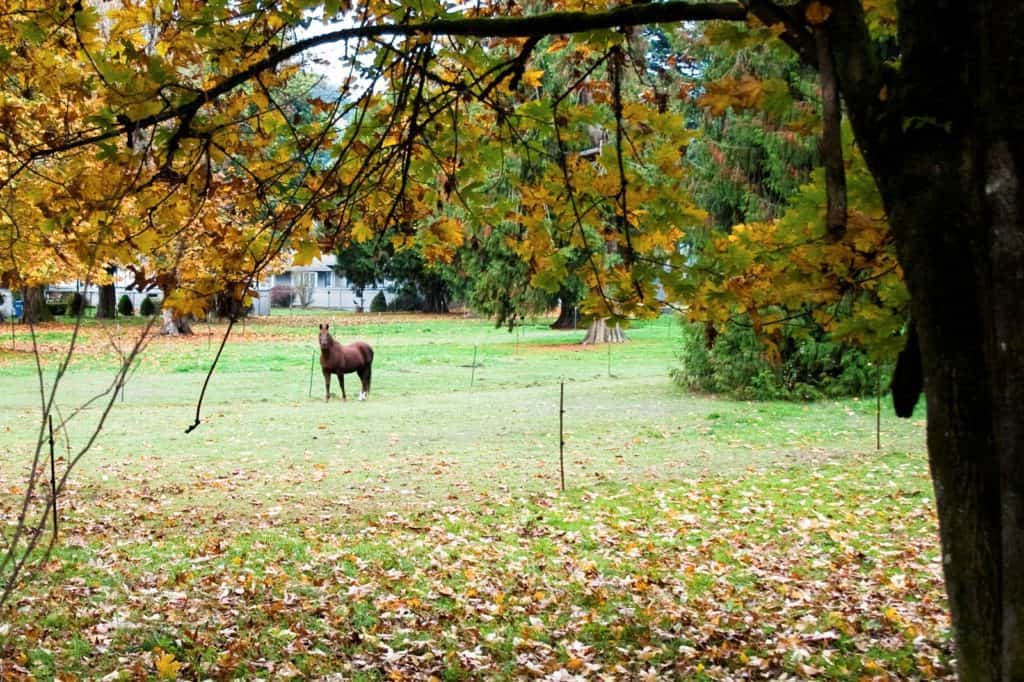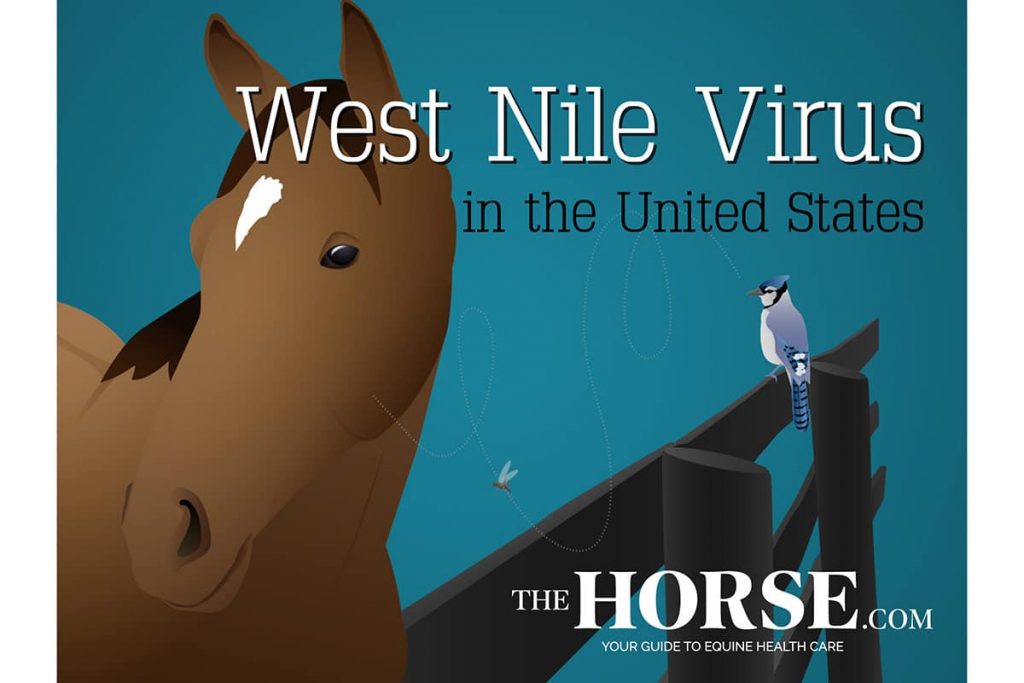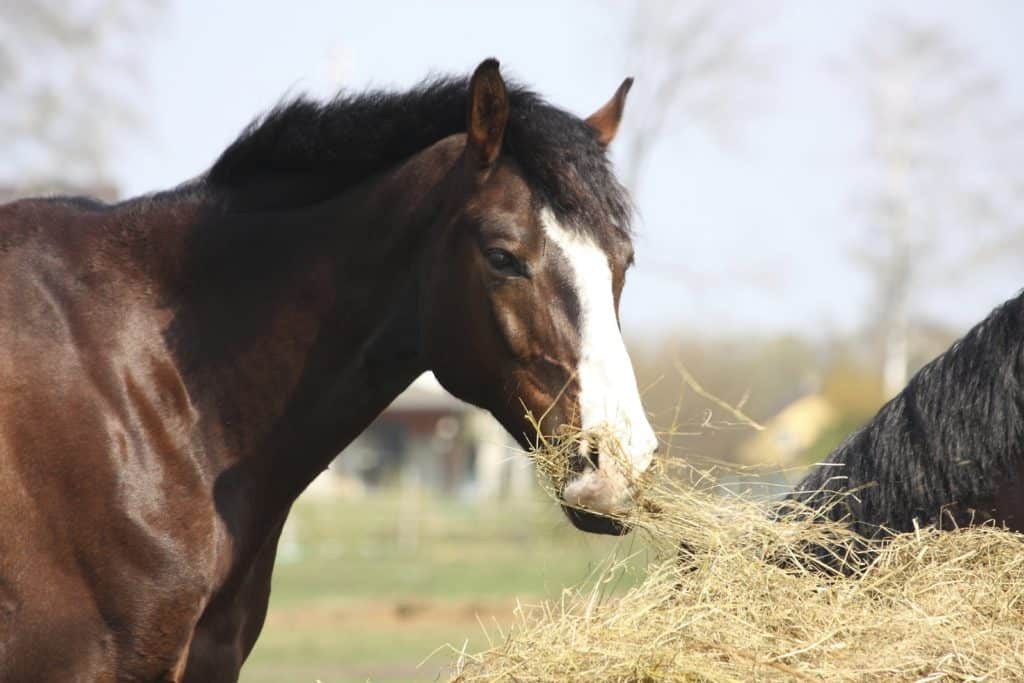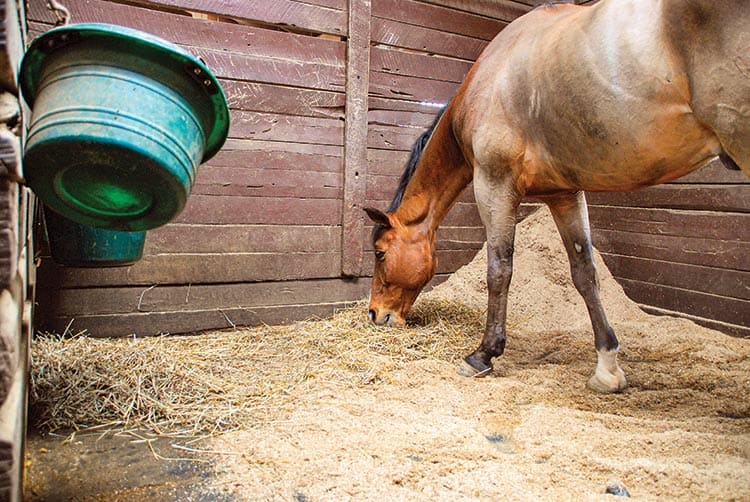
Protecting Your Horse From Poisonous Fall Leaves
Is it okay for my horse to eat leaves that have fallen from trees in his pasture?
Horse-health-problem risk factors, prevention, diagnosis, and treatment

Is it okay for my horse to eat leaves that have fallen from trees in his pasture?

Reacting quickly and correctly to an episode of HAL will give your horse a greater chance for future soundness.

The decision about riding horses recovering from EPM and other diseases, one vet says, involves balancing rider safety, liability concerns, and animal welfare.

When managing laminitic horses, making dietary changes is often necessary for the success of other treatment efforts.

Researchers have developed a new recommendation for horses being treated with the drug for a period of eight weeks.

Learn why horses with ID might be more likely to develop other conditions such as laminitis and what you and your vet can do to prevent and treat them.

Learn why some horses are more likely to develop EMS and associated laminitis and how to tell if your horse is at risk.

West Nile virus has infected more than 29,000 U.S. horses since 1999. Learn about the disease and how to protect your horses in this updated interactive feature.

Learn about signs of Potomac horse fever, treatment, and prevention.

Learn about the 4 stages of wound repair and the steps you can take to help your horse’s wounds heal.

Discover what researchers are learning about the microbiota’s role in the horse’s digestive system, respiratory tract, skin, and more.

Our equine nutrition expert offers a reader advice on how to feed a thin horse with a history of laminitis without causing another bout of the disease.

Learn to navigate the murky waters of diagnostic testing for this zoonotic disease.

If you’re making changes to a horse’s diet, do it slowly. Learn why this applies to not only concentrate feeds but also forage.

Commonly known as “heaves,” equine asthma is a serious condition that requires proper diagnosis, management, and often treatment.

Equine protozoal myeloencephalitis is a progressive and potentially fatal neurologic disease in horses caused by protozoal microorganisms, most commonly S. neurona. Sponsored by Marquis.
Stay on top of the most recent Horse Health news with
"*" indicates required fields